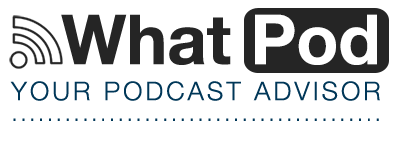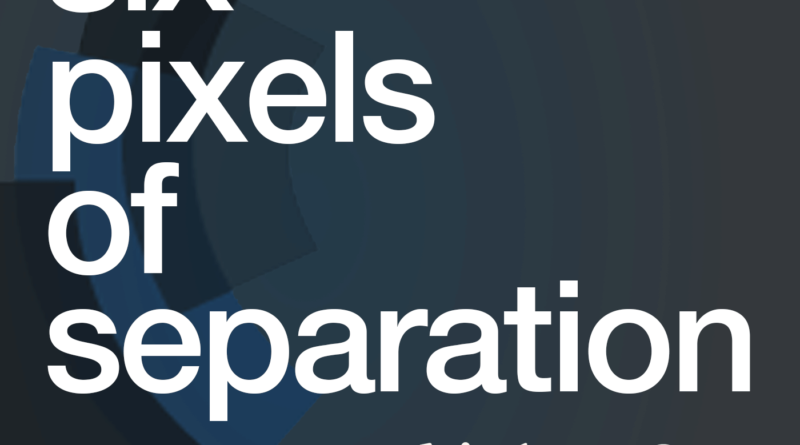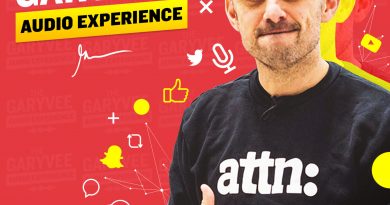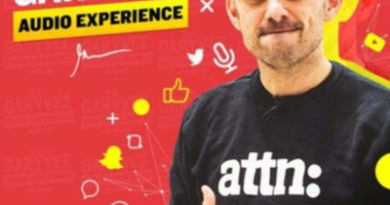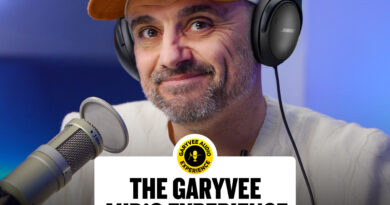SPOS #935 – Malissa Clark On Curing Workaholism
Here it is: Six Pixels of Separation – The ThinkersOne Podcast – Episode #935. Malissa Clark is an associate professor of industrial/organizational psychology at the University of Georgia and the brains behind the Healthy Work Lab. Known for her expertise in workaholism, burnout, and employee well-being, Malissa has made significant strides in understanding the modern work environment. Her work has been featured in top journals like the Journal of Applied Psychology, the Journal of Management and many more. In this conversation, Malissa dove into the concept of the “ideal worker” and how this can wreak havoc on work-life balance. We talked about how the pandemic has changed our approach to work, pushing the need for flexibility and remote work options into the spotlight. She shared insights on how implementing changes like shorter workweeks and better communication practices can boost productivity and employee happiness. We also touched on the critical role of government and unions in ensuring fair work practices. Malissa didn’t hold back when discussing workaholism and the rise of hustle culture. She highlighted the importance of psychological detachment from work for overall well-being and how leaders today need to manage individual needs with empathy. Her thoughts on balancing side hustles and hobbies with work were particularly enlightening, stressing that we need time for daydreaming and mental rest to foster creativity. Malissa’s latest book, Never Not Working – Why The Always-On Culture Is Bad For Business – And How To Fix It, tackles the unhealthy relationship many of us have with work. In a world that praises long hours and constant connectivity, Malissa offers a deep dive into busting myths and providing strategies to break free. She explains how overwork and burnout affect both individuals and organizations, and offers practical advice on fostering a healthier work culture. Whether you’re a leader or an employee, this is a must-listen for anyone looking to reclaim their well-being and improve company performance. Enjoy the conversation…
- Running time: 1:01:55.
- Hello from beautiful Montreal.
- Subscribe over at Apple Podcasts.
- Please visit and leave comments on the blog – Six Pixels of Separation.
- Feel free to connect to me directly on Facebook here: Mitch Joel on Facebook.
- Check out ThinkersOne.
- or you can connect on LinkedIn.
- …or on Twitter.
- Here is my conversation with Malissa Clark.
- Never Not Working – Why The Always-On Culture Is Bad For Business – And How To Fix It.
- Healthy Work Lab.
- Follow Malissa on X.
- Follow Malissa on LinkedIn.
- This week’s music: David Usher ‘St. Lawrence River’.
Takeaways
- The concept of the ideal worker, who prioritizes work above everything else, can be detrimental to employee well-being and work-life balance.
- The pandemic has highlighted the need for a more flexible and adaptable approach to work, including remote work options.
- Implementing changes in the workplace, such as shorter workweeks and improved communication practices, can lead to increased productivity and employee satisfaction.
- Government regulations and the involvement of unions may be necessary to ensure fair and equitable work practices.
- Work-life balance is a challenge in the modern work environment, and the concept of a mandated 40-hour work week may not be feasible in the US.
- Psychological detachment from work is important for overall well-being and has been linked to positive outcomes such as work engagement and restful sleep.
- The rise of hustle culture has led to the monetization of hobbies and side hustles, but it is important to find a balance and avoid obsession.
- Leaders in the modern work environment need to manage individuals and their unique needs, which requires empathy and understanding.
- Taking time for boredom, daydreaming, and being alone with one’s thoughts is important for creativity and well-being in a constantly connected world.
Chapters:
- 00:00 – Introduction and Background
- 03:00 – The Gap Between Academic Research and Real-World Application
- 06:00 – The Concept of the Ideal Worker
- 09:00 – Balancing Work and Personal Life
- 11:00 – The Challenges of Remote Work
- 17:00 – The Changing Landscape of Work
- 25:00 – The Impact of the Pandemic on Work
- 31:00 – Reconciling Work and the Economy
- 42:00 – The Role of Government and Unions
- 43:33 – Work-Life Balance and the 40-Hour Work Week
- 44:31 – Identifying Workaholism and Burnout
- 46:58 – The Importance of Psychological Detachment from Work
- 47:57 – The Challenge of Constantly Thinking About Work
- 49:40 – The Rise of Hustle Culture
- 50:39 – The Individualization of Work and Leadership Challenges
- 51:30 – Balancing Hobbies and Side Hustles
- 56:24 – The Role of Leaders as Mentors and Life Coaches
- 57:30 – The Difficulty of Being Bored and Alone with Thoughts
- 59:55 – The Impact of Personal Conversations on Research
